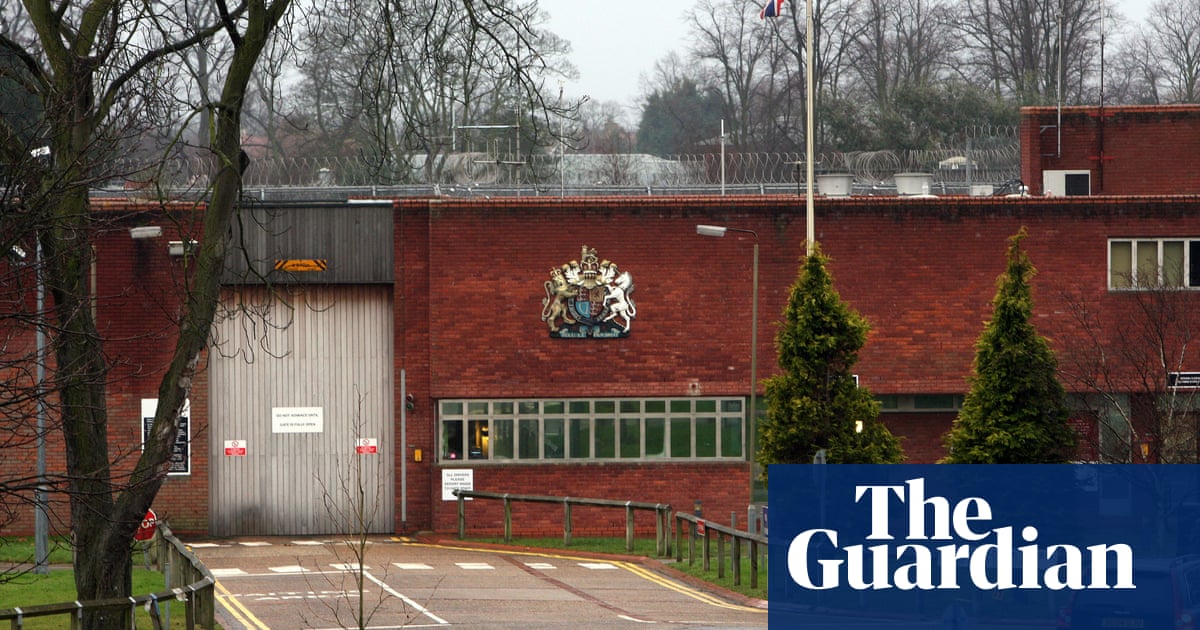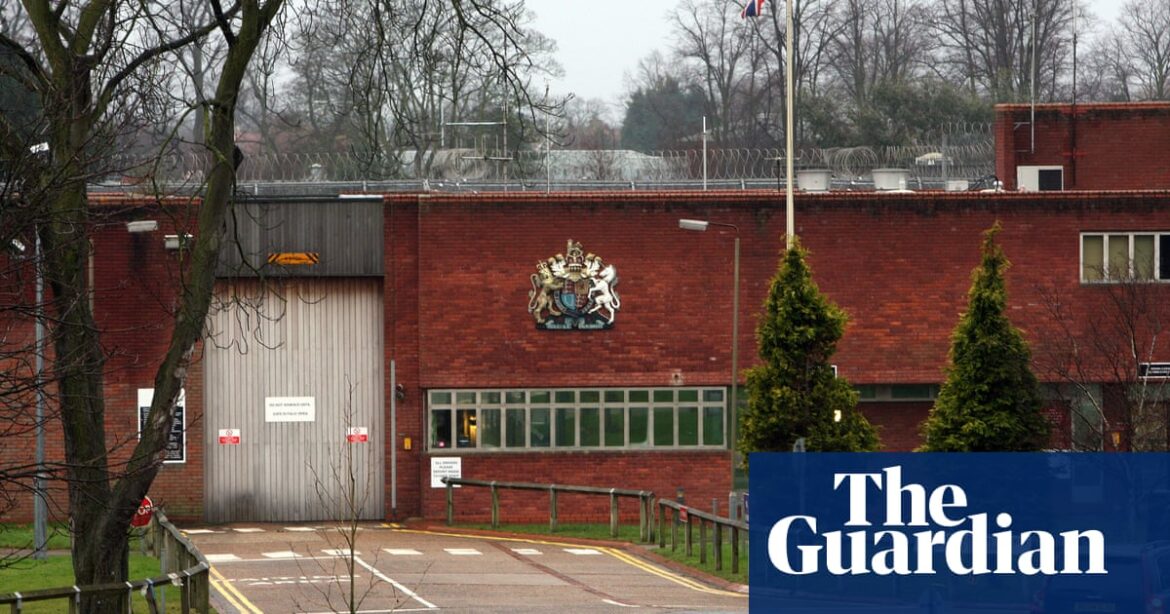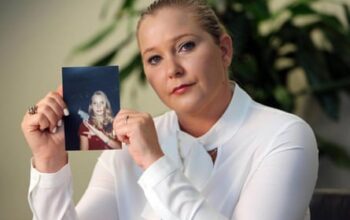
Vulnerable children are being jailed many miles from their families at record levels, a Guardian investigation has found, prompting warnings that the government is breaking the law.
The proportion of young people being detained in young offender institutions (YOIs) more than 100 miles from their home has doubled over the last decade to 15% – the highest since its peak at the height of the Covid pandemic.
More than one in 10 of the young people in custody in England are being held at least 75 miles from their families, the highest since the Ministry of Justice began publishing the figures in April 2015.
The closure of youth custody centres has resulted in fewer children being held close to their families. Charities and experts say having children in custody close to their families lessens their likelihood of reoffending.
Only 17% of the 530 young people in custody in England were remotely close to their homes in October, the lowest number on record. The vast majority – 80% – are held in violent and poorly run YOIs.
The trend has got worse despite years of official warnings about its damaging impact on children from a series of bodies including Ofsted, HM Inspectorate of Prisons and parliament’s spending watchdog.
The National Association for Youth Justice (NAYJ) described the figures as “another example of social injustice to the most vulnerable children and families in our country”.
Dr Samantha Burns, its deputy chair, said the government was failing to uphold its legal duty to maintain family relationships to those in custody, enshrined in the Children Act 1989.
The majority of young people behind bars are known to be extremely vulnerable and have a range of complex needs, including mental health problems and special educational needs.
The previous Conservative government promised to close all of England’s four YOIs and its one remaining secure training centre and replace them with smaller secure schools around the country, but only one of these has opened so far.
Earlier this year, Scotland transferred all of its under-18s out of YOIs and placed them in more child-friendly settings.
Rachel de Souza, the children’s commissioner, called for Keir Starmer to speed up the previous government’s plan to replace all YOIs with smaller secure homes around the country, closer to children’s families.
She said: “Children in the youth justice system need stable, positive relationships in their lives, if we are serious about offering them a real chance for rehabilitation. Placing them many miles away from their families and homes, often in facilities where standards of care and safety fall woefully short, does not create the conditions for these children to become happy and successful adults.”
De Souza found in a report published in 2023 that more than half of children (55%) placed more than 100 miles from home received no in-person visit in a month, while 84% of children placed 24 miles or less from home received at least one in-person visit.
She said without radical change children would continue being sent to live far from their families and would remain in facilities that “perpetuate the cycle of violence and exploitation”.
A young offender institution in west London, Feltham A, was identified earlier this year as the most violent prison in the country, with teenage inmates refusing family visits to keep their relatives away from danger.
Another YOI, Wetherby, has the highest rates of self-harm incidents of any prison in the country.
after newsletter promotion
YOIs are meant to offer at least 15 hours of education a week but a joint review by Ofsted and His Majesty’s Inspectorate of Prisons (HMIP), published in October, found that standards had been steadily declining for the last decade.
The bodies said they were “deeply concerned” about the conditions faced by hundreds of the most vulnerable children in Britain.
The number of children and young people in England’s youth custody estate fell to 525 in October, according to the latest official data, down from 1,085 in April 2015. The majority of those in custody – 366 – are held in one of four YOIs.
There were 99 fewer spaces in the estate in August 2024 compared with the previous year. Gradual closure of YOIs means children are routinely being jailed many miles from home.
James Simmonds-Read, prevention programme manager at the Children’s Society, said: “These concerning new figures highlight serious issues in the youth justice system.”
He called for “urgent, systemic change” to the youth custody system, which he said was leaving children “isolated, unsupported and at more risk of being exploited into further criminal activity”.
Simmonds-Read said: “The impact on their emotional and mental health can be severe – disconnection and inadequate care only compound the challenges they already face.”
Shauneen Lambe, a barrister and a director of the Youth Justice Legal Centre, said: “The longer-term vision for these children is their reintegration back into society and that is going to be harder the further the kids are away from their parents and support networks.”
A Ministry of Justice spokesperson said: “The number of children in custody has significantly fallen with only those charged with the most serious offences now going to custody. While this dramatic reduction is positive it means there are now fewer youth custody sites for the 440 children remaining.
“Decisions about where to place children are carefully made on an individual basis considering their risks and needs, and maintaining children’s ties with their family, wherever they are placed, is a priority.”
Source: theguardian.com



